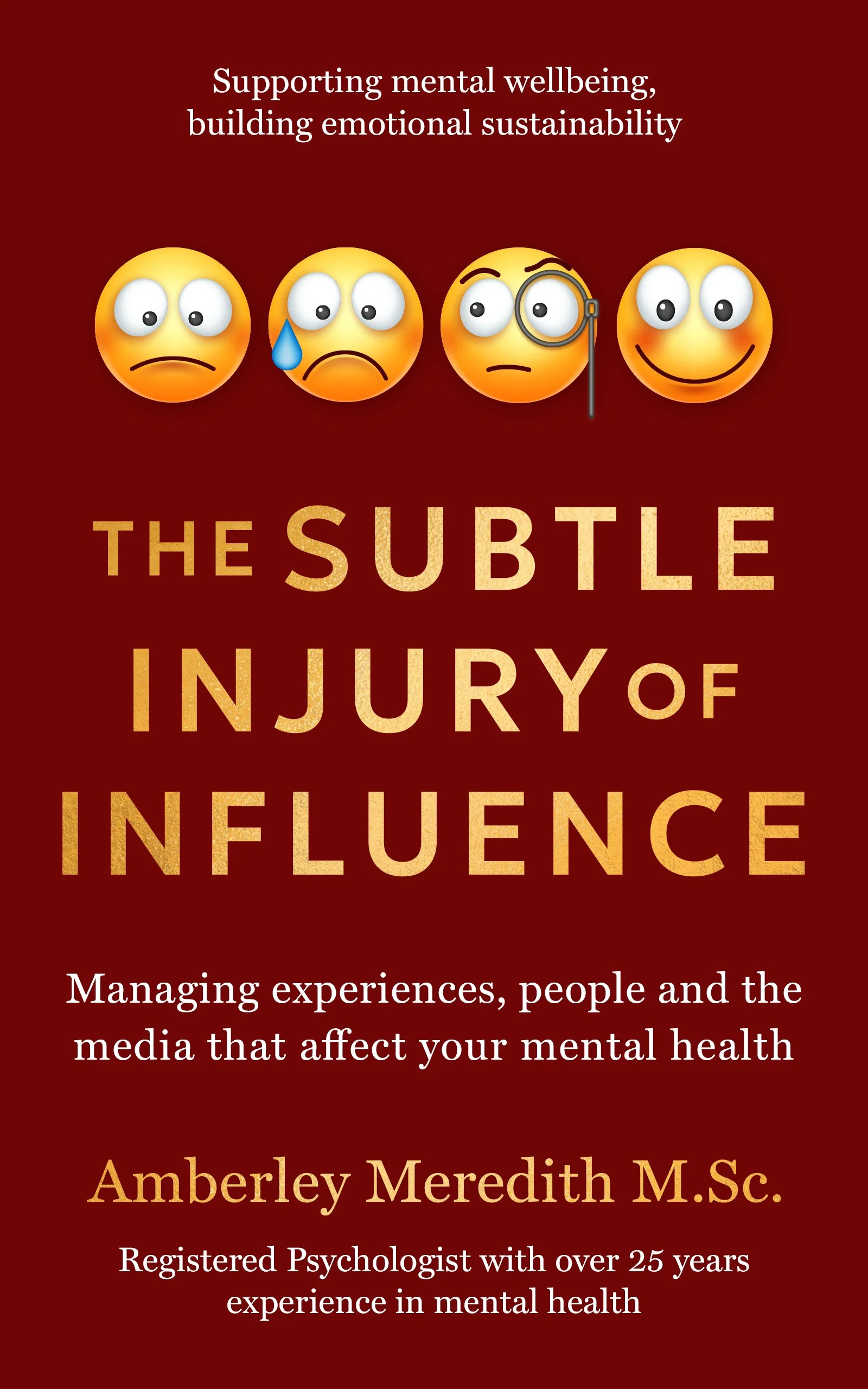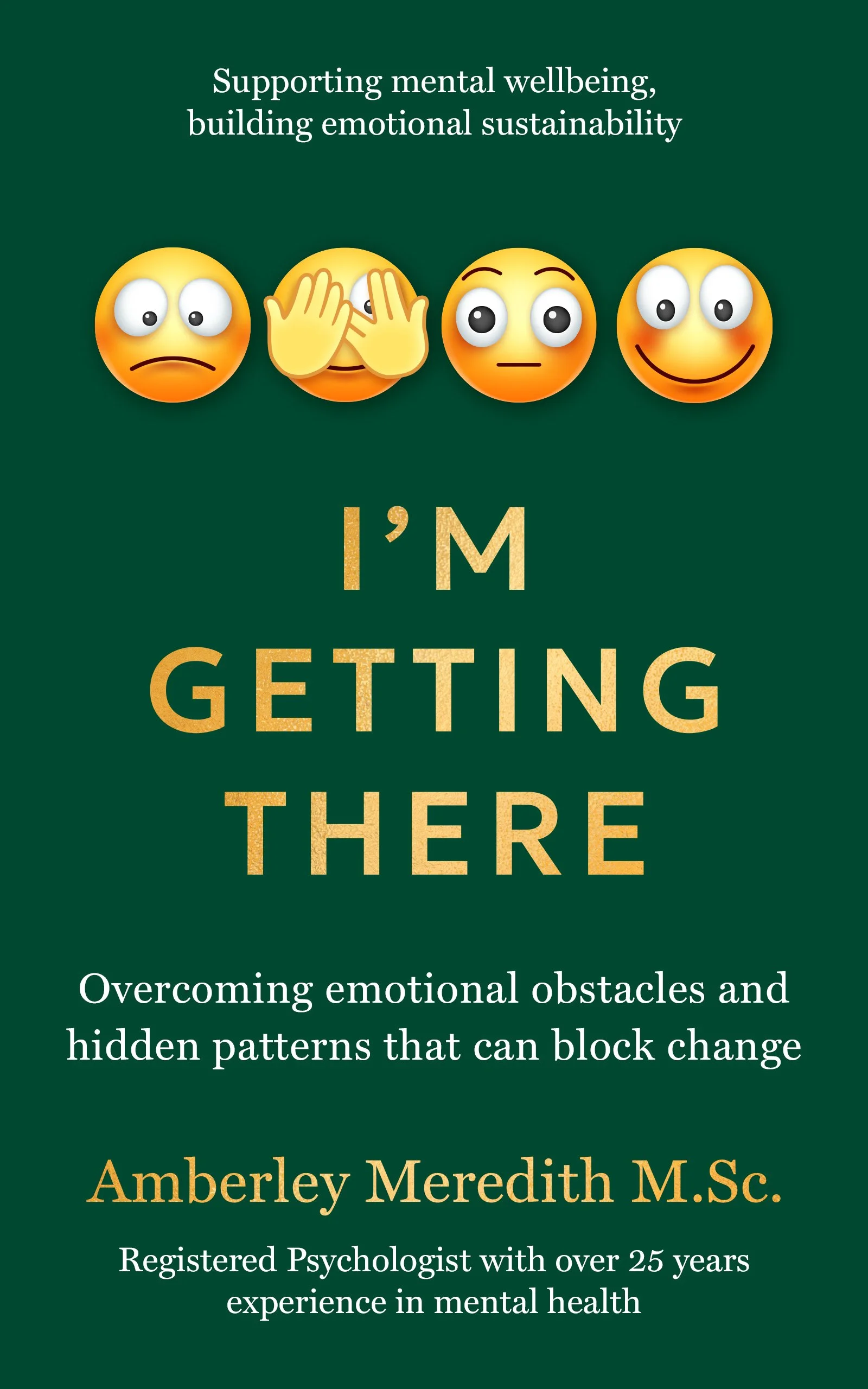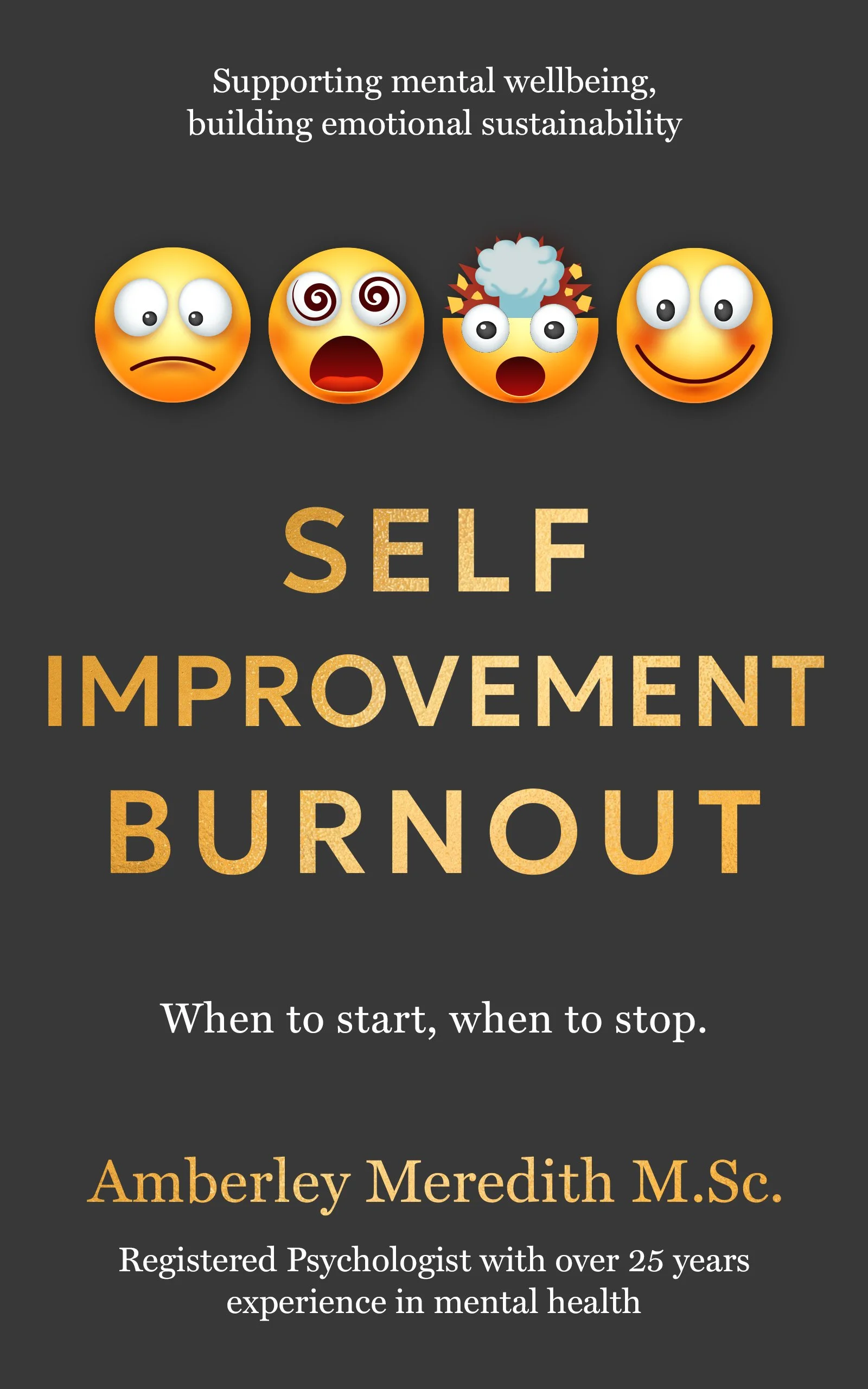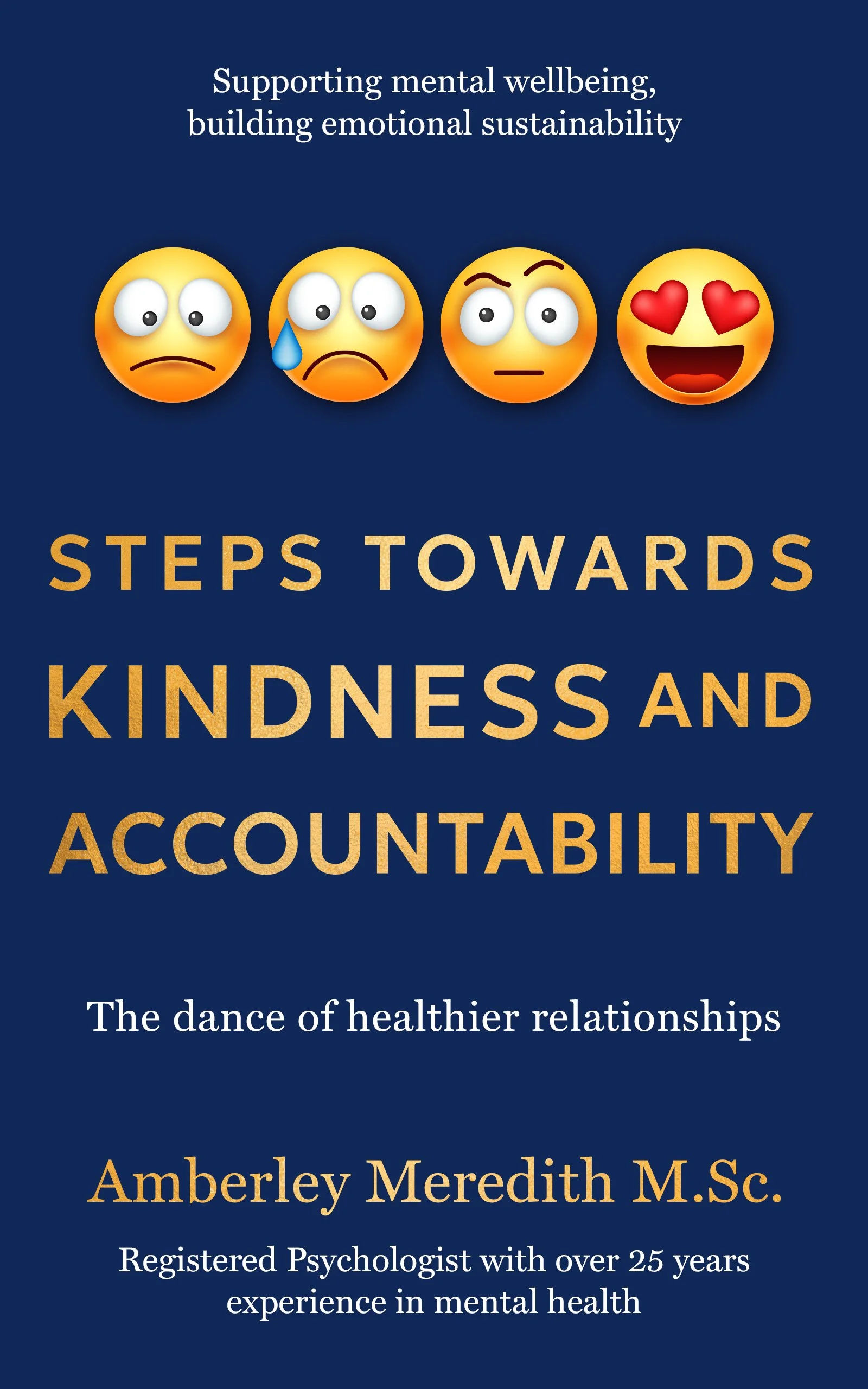The Adaptable Sustainable Psychology Collection
The Adaptable Sustainable Psychology Collection brings together psychology books exploring burnout, influence, compassionate change, and relational wellbeing. Each book offers reflective insight into different stages of growth, supporting sustainable wellbeing with clarity, kindness and accountability.
The Subtle Injury of Influence →
A psychology book exploring how past experiences, relationships, media and social messaging can shape thoughts, emotions and behaviour, often outside our awareness.
I’m Getting There →
A psychology book focused on compassionate change, exploring how to work with thoughts, habits and emotions in sustainable and emotionally supportive ways.
Self-Improvement Burnout →
A psychology book examining the pressure to continually improve, and how self-acceptance and growth can coexist without leading to burnout.
Steps Towards Kindness and Accountability →
A psychology book exploring kindness, accountability and boundaries in relationships, with a focus on respectful communication and shared responsibility.




